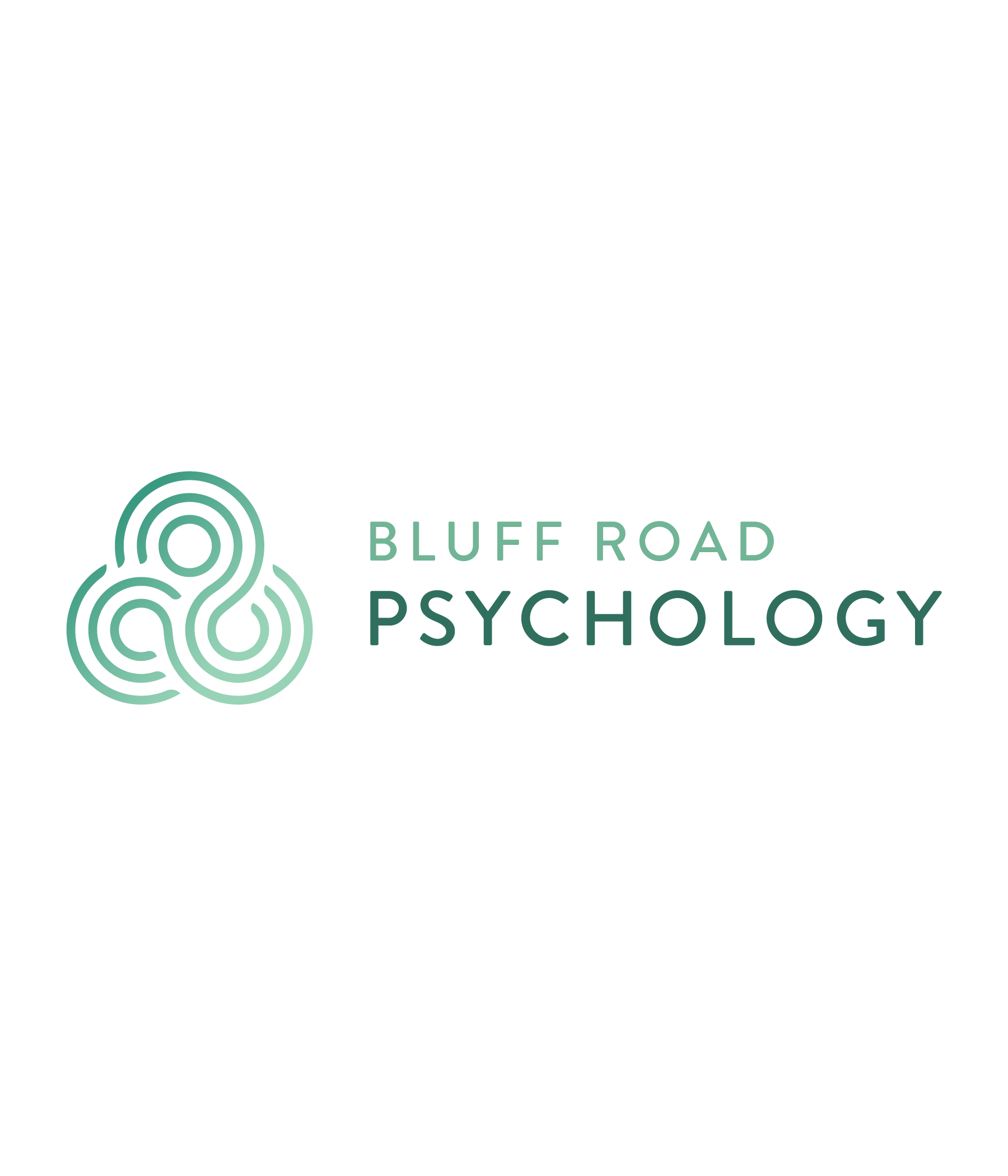PSYCHOLOGISTS
The Psychologists
The group of independent, experienced psychologists can assess and treat children, adolescents, and adults regarding a wide range of mental health issues including depression, anxiety, trauma, developmental disorders or neurological disorders, and much more.
The Psychologists
Paediatrics (aged 0-9)
Myra Jennings
Clinical & Counselling Psychologist | Bluff Road Clinical Lead
Dr Kerry Jones
Psychologist
Sophie Morris
Educational and Developmental Psychologist
Adolescents (aged 10-17)
Myra Jennings
Clinical & Counselling Psychologist | Bluff Road Clinical Lead
Dr Kerry Jones
Psychologist
Victoria Kordos
Psychologist
Dr Tristan Snell
Clinical & Counselling Psychologist
Shameema Saleem
Psychologist
Sophie Morris
Educational and Developmental Psychologist
Adults (aged 18+)
James Traugott
Psychologist and Couples Therapist
Dr Samantha Venner
Psychologist
Dr Kerry Jones
Psychologist
Dr Nina Puren
Clinical Psychologist
Dr Grant Walker
Clinical Psychologist
Dr Tristan Snell
Clinical & Counselling Psychologist
Elizabeth O’Callaghan
Psychologist
Mariela Rossi
Counselling Psychologist
Victoria Kordos
Psychologist
Dr Sophie Johnstone
Clinical Psychologist
Dr Anna Devlin
Senior Health Psychologist
Shameema Saleem
Psychologist
Paul Clifford
Psychologist
Carolyn Symonds
Psychologist
Dr Alicia Papas
Senior Clinical Psychologist
Medicare Rebates for Psychological Services
Medicare benefits are available for a range of specified psychological services. To be eligible to receive psychological services under Medicare, a person must be referred by his or her GP and in some instances by another medical specialist. Please speak to your GP to further assess your Medicare eligibility and enable a suitable clinical referral.
Clinical Supervision
Bluff Road Psychology provides clinical supervision, involving the provision of up to date evidence-based training, assessment, psychological interventions, and mentoring of mental health practitioners and psychologists within the practice and abroad. All clinical supervisors are AHPRA approved by the Psychology Board of Australia and are highly skilled to develop ethical and competent psychologists and registrars working towards endorsement through ongoing professional development, individual and group supervision training in the areas of:
- Clinical Psychology
- Health Psychology
- Clinical Neuropsychology
- Educational & Developmental Psychology
Telehealth
The psychologists can provide online therapy via secure and safe end-to-end encrypted video conferencing or telephone. Telehealth is now offered under the Medicare Rebate Scheme.
Mental Health Disorders
Anxiety Disorders
Anxiety disorders are the most common type of mental health disorder diagnosed in Australia affecting around 14% of Australians every year. While anxiety is usually a natural and short-lived reaction to a stressful situation, for some people anxious thoughts, feelings, or physical symptoms can become chronic, severe, upsetting, and interrupt daily life.
Severe, frequent, recurring, and persistent symptoms such as difficulty concentrating, restlessness, rapid heartbeat, trembling or shaking, feeling light-headed, sweating, and avoidance, may be considered an anxiety disorder.
The most common types of anxiety disorders include generalized anxiety disorder (GAD), obsessive-compulsive disorder (OCD), panic disorder, social anxiety disorder, and health anxiety.
Mood Disorders
Mood disorders are typically categorized by emotional disturbances involving long periods of excessive low mood (depression) and/or excessive periods of elation (mania). Depression is a common yet serious mental health issue whereby low mood and loss of interest in enjoyable activities are prolonged for a least 2 weeks or longer.
Bipolar disorder refers to cycles of extreme low and high mood. Variability in episodes is likely; some can last for 3-6 months to occurring every few years. The prevalence of the bipolar disorder in Australia is approximately 1.3% with symptoms detected in early adulthood.
Both depression and bipolar disorders interfere with daily life, work, study, relationships, and other functional activities.
Trauma Related Disorders
Trauma is the response to a deeply distressing or disturbing event that overwhelms an individual’s ability to cope, diminishes their ability to self-regulate, and causes intense feelings of helplessness. In our lifetime, we are likely to experience a potentially traumatic life event, although most do recover with time and social support. However, for some people, the experience of trauma, or repeated exposure to trauma can lead to post-traumatic stress disorder (PTSD).
Traumatic events can include loss of control, betrayal, abuse of power, pain, and loss, exposure to actual or threatened death, serious injury, and sexual or physical violence. Emotional signs of PTSD are fear, anger, denial, or shame. Individuals affected also show symptoms of reliving the trauma, avoidance of reminders of the trauma, insomnia, nightmares, negative thoughts and low mood, agitation, and hypervigilance.
Addiction Disorders
Addiction is a complex condition manifested by compulsive substance use and harmful behaviours leading to negative consequences such as losses to the relationship, employment, physical and mental health. Individuals can develop addictions to alcohol, recreation and stimulant drugs, prescription medication (e.g., opioids, sedatives), gambling and gaming.
They depend on these substances and compulsive behaviours in the short term to increase pleasure, relieve stress, enhance performance, or decrease emotional/physical pain. However, longer-term consequences include impaired control (increased craving), social and financial problems, risky behaviour, tolerance and comorbid mental health issues such as anxiety and depression.
Under this scheme individual diagnosed with mental health, the disorder can access up to 10 individual and 10 group treatment sessions per year.
ADHD
Attention-deficit/hyperactivity disorder is a developmental disorder typified by a number of difficulties including paying attention, poor concentration for prolonged periods, hyperactivity, impulsive behavior, distraction, and restlessness. Both children and adults can have ADHD and the first symptoms start in childhood. Children and adolescents may find it difficult to pay attention and see tasks or activities through to the end or make careless mistakes with schoolwork or other tasks.
Children and adolescents with problems in the area of hyperactivity may talk excessively; have trouble staying still when it is appropriate or expected and act like they are always “on the go”. The prevalence of ADHD in children and adolescence in Australia is approximately 7.4% with males diagnosed twice as much as females. ADHD negatively impacts many areas of an individual’s life including work, study, and relationships.
Stress
We experience stress when there is an imbalance between the demands being made on us and our resources to cope with those demands. The way stress is experienced depends a lot on an individual’s attitude and responses to a particular situation. An event that may be extremely stressful for one person can be a mere hiccup in another person’s life.
However, if stress is ongoing and chronic, the impact of stress can have detrimental effects on physical and mental health. Physical symptoms of chronic stress include fatigue, sleep disturbance, insomnia, heart palpitations, headaches, muscular aches and pains, high blood pressure, and heart palpitations. Psychological signs of chronic stress involve feeling overwhelmed, fear, anger, worry, irritability, anxiety, helplessness, poor concentration and decreased memory.
Without treatment, stress increases the risk of anxiety, depression, burnout, and physical health problems (e.g., cardiovascular disease, diabetes, high blood pressure). Other domains of life are also impacted such as performance at work, relationships, the ability to study and to maintain a healthy lifestyle.
Sleep Disorders – Insomnia
There is great variation in an individual’s sleep quality determined by genetic, psychological, lifestyle, and environmental factors, so that what constitutes a ‘good night’s sleep’ may be different from one individual to another. However, one of the most common sleep disorders experienced is insomnia.
Insomnia is difficulty falling asleep (onset), staying asleep (maintenance), or waking too early, despite having the opportunity to sleep well. Common side effects are persistent fatigue, low energy, reduced attention/concentration/memory, difficulties in performance-based tasks, low mood, irritability, headaches, and worrying about sleep.
Whilst the causes of insomnia is still in their infancy, research studies show that triggers can include stress and worry, significant life events, changes in routine, lifestyle factors (e.g., caffeine, alcohol, medication, obesity, sedentary behaviors), other sleep disorders (such as restless legs and sleep apnoea) and mental health issues like anxiety and depression.
Paediatric Assessment
The psychologists can provide assessments, intervention, and consultation for children and families requiring support with mental health, developmental difference, parenting, or adjustment difficulties. We can conduct comprehensive psycho-educational assessments for individuals presenting with difficulties engaging with the home, school, or work environment, additional learning needs (school readiness, specific learning disorders, learning difficulties, giftedness, intellectual disability), and neurodevelopmental assessments (including development delay, attention deficit hyperactivity disorder, and autism spectrum disorder).
Join Us
Would you like to work with our dynamic group and bespoke support team?
We would love to further discuss this with you. Simply submit an email and we will be in contact soon!
Contact Us
Ask a question or book an appointment below.
For emergencies call 000 or visit your nearest hospital.

Address:
322 Bluff Road, Sandringham, VIC 3191

Phone:
03 9599 8290

Email:
admin@bluffroadpsychology.com.au
Opening Hours:
Monday – Friday: 9am – 6pm
Any phone calls after hours will hear a message advising you to email enquiries to admin@bluffroadpsychology.com.au or to phone back the next working business day. Any after hour emails will it not be viewed until the next working business day.























